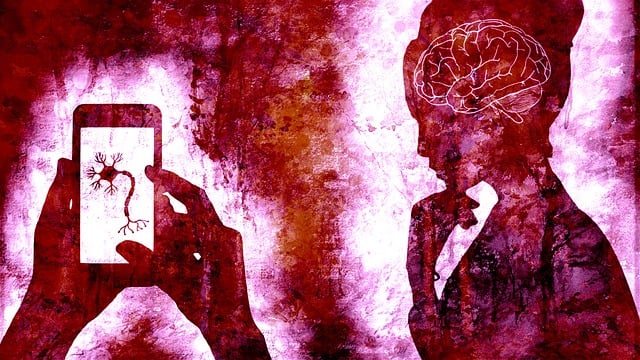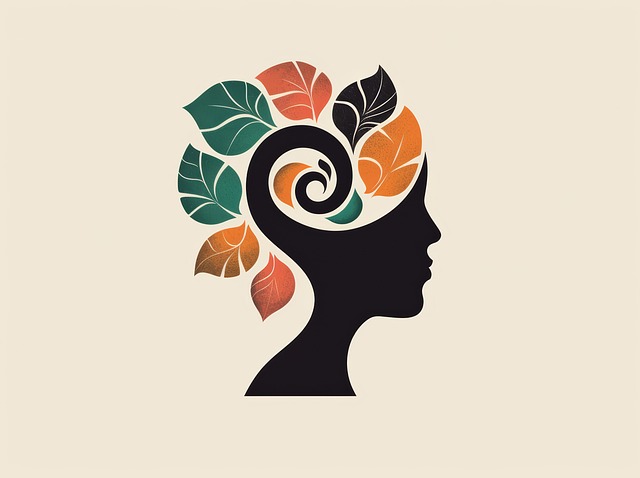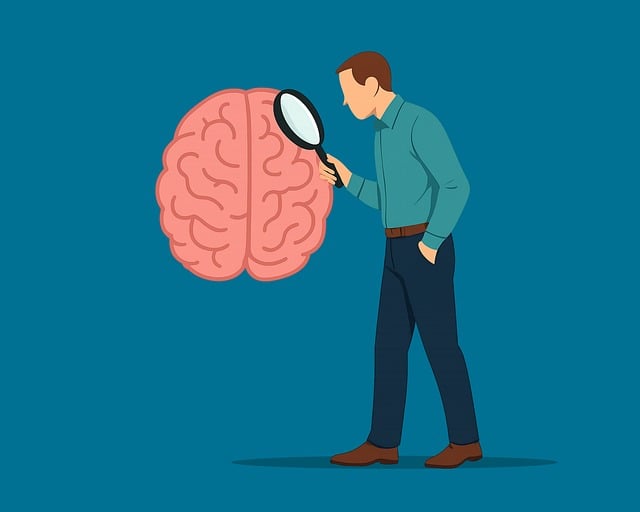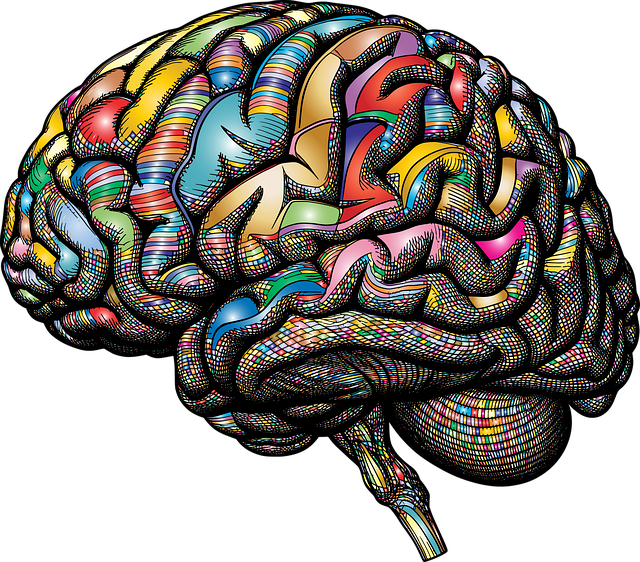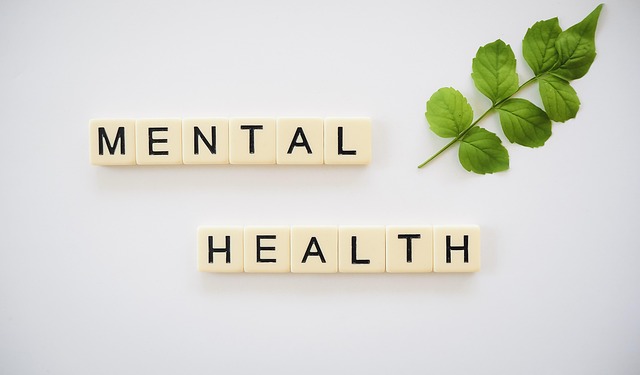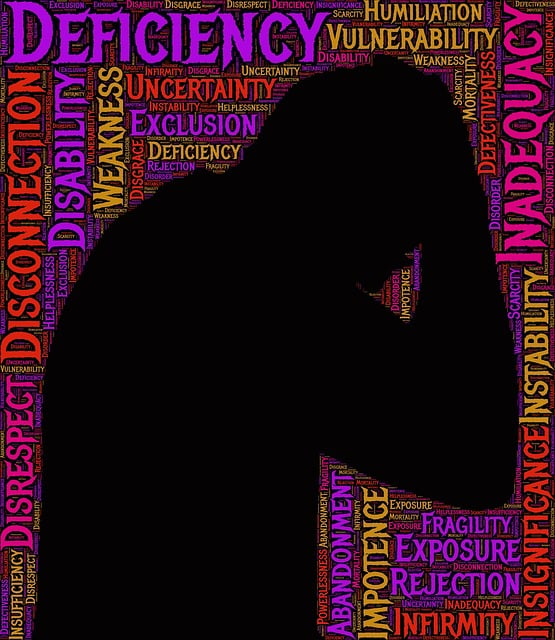Littleton Gender Identity Therapy (LGIT) prioritizes cultural competency in healthcare, addressing the profound impact of cultural background on patient experiences. Their innovative training programs empower therapists and caregivers with skills to deliver personalized, inclusive care, combining stress management workshops with curriculum focusing on gender identity issues. This holistic approach, including self-care practices and open dialogue, enhances patient satisfaction, improves outcomes, prevents burnout among healthcare professionals, and fosters a more inclusive healthcare culture. Continuous improvement through updated research and best practices ensures LGIT remains at the forefront of diverse, specialized care.
Cultural competency training is an essential aspect of modern healthcare, ensuring medical professionals can provide diverse, inclusive, and effective care. This article explores the critical role of cultural competency, highlighting its impact on patient outcomes and healthcare equity. We delve into case studies, including the success of Littleton Gender Identity Therapy, and outline key components for comprehensive training programs. By examining real-world applications, we emphasize the need for continuous improvement in healthcare diversity to meet the evolving needs of a diverse population.
- Understanding Cultural Competency in Healthcare: Why It Matters
- The Impact of Littleton Gender Identity Therapy on Cultural Sensitivity
- Essential Components of Training Programs for Medical Professionals
- Real-World Applications: Success Stories and Case Studies
- Continuous Improvement and Staying Updated in Healthcare Diversity
Understanding Cultural Competency in Healthcare: Why It Matters

Cultural competency in healthcare is more than just a buzzword; it’s an essential aspect of providing quality care. At Littleton Gender Identity Therapy, we understand that every patient comes from a unique cultural background, shaped by their identity, experiences, and beliefs. This diversity significantly influences how individuals perceive and engage with healthcare services.
In today’s diverse society, healthcare providers must be equipped to navigate these cultural differences. Failing to recognize and respect a patient’s cultural context can lead to communication barriers, mistrust, and even inadequate treatment. Our Mental Wellness Coaching Programs Development focuses on empowering therapists and caregivers to offer more personalized care. By integrating self-care routine development for better mental health and promoting self-esteem improvement, we ensure that our practitioners are not just treating symptoms but addressing the holistic needs of every patient, fostering a safe and inclusive environment for all, including those exploring their gender identity.
The Impact of Littleton Gender Identity Therapy on Cultural Sensitivity

Littleton Gender Identity Therapy (LGIT) has been a game-changer in healthcare provider training, emphasizing the importance of cultural sensitivity and self-awareness exercises. Through interactive sessions, medical professionals learn to navigate complex issues related to gender identity, ensuring they provide inclusive care. This unique approach not only enhances their ability to support patients but also encourages them to reflect on their own biases and assumptions.
The program includes Stress Management Workshops where providers learn strategies to cope with challenging situations, fostering a more empathetic environment. By combining these workshops with LGIT’s comprehensive curriculum, healthcare workers gain invaluable insights into depression prevention and overall mental health support for diverse patient populations. This training ensures that medical professionals are equipped to offer culturally competent care, ultimately improving patient satisfaction and outcomes.
Essential Components of Training Programs for Medical Professionals

Effective training programs for medical professionals should incorporate several essential components to ensure comprehensive cultural competency. Firstly, these courses must cover a wide range of topics related to diverse populations, including but not limited to different racial, ethnic, and cultural backgrounds. This knowledge base equips healthcare providers with the skills to deliver patient-centered care that respects individual needs and preferences.
Secondly, integrating self-care practices and emotional healing processes into training is vital. Healthcare professionals often face high-stress situations, making it crucial for them to develop self-awareness exercises that promote resilience and prevent burnout. Encouraging open discussions about personal experiences and emotions can foster an environment of empathy and understanding among colleagues, ultimately enhancing patient interactions and outcomes, especially in cases involving sensitive issues like gender identity therapy as provided by Littleton Gender Identity Therapy.
Real-World Applications: Success Stories and Case Studies

In the realm of healthcare, cultural competency training has proven to be a game-changer, especially in addressing diverse patient needs. Real-world applications of this training have yielded remarkable success stories and case studies that highlight its impact. For instance, Littleton Gender Identity Therapy has been at the forefront of these efforts, offering specialized services tailored to individuals navigating gender identity challenges. By incorporating cultural competency principles, their therapists create safe spaces, fostering open dialogue and enhancing patient care. This approach not only facilitates effective therapy but also promotes resilience building among clients, enabling them to confront and overcome societal barriers related to mental illness stigma reduction efforts.
The benefits extend beyond individual patients; these initiatives contribute to a broader culture shift within healthcare settings. By training professionals in stress management techniques and promoting understanding of diverse cultural perspectives, healthcare organizations can improve patient outcomes and foster a more inclusive environment. This holistic approach ensures that every patient receives care that respects their unique identity, experiences, and needs, ultimately leading to improved health and well-being for all.
Continuous Improvement and Staying Updated in Healthcare Diversity

In today’s diverse healthcare landscape, continuous improvement and staying updated on various cultural aspects are non-negotiable for providers. This includes understanding the nuanced needs of patients from different ethnic backgrounds, religions, and gender identities, such as those seeking Littleton Gender Identity Therapy services. For instance, mental health professionals must be adept at designing Mental Health Education Programs that cater to this diversity, ensuring inclusive practices that prevent burnout among staff while enhancing patient outcomes.
The integration of Burnout Prevention strategies alongside Mental Wellness Coaching Programs Development is vital for sustaining a culturally competent environment. By staying abreast of emerging research and best practices, healthcare organizations can create dynamic programs that foster mental wellness in their teams, reflecting the evolving nature of diversity in healthcare.
Healthcare provider cultural competency training is a vital tool for fostering inclusive care, as evidenced by the transformative impact of programs like Littleton Gender Identity Therapy. By equipping medical professionals with the knowledge and skills to navigate diverse cultural contexts, these training initiatives ensure that everyone receives respectful, equitable treatment. Continuous improvement in healthcare diversity, driven by staying updated on best practices and real-world applications, is essential for building a more inclusive system. Through comprehensive education and ongoing support, healthcare providers can better serve their communities and create a more welcoming environment for all patients.
